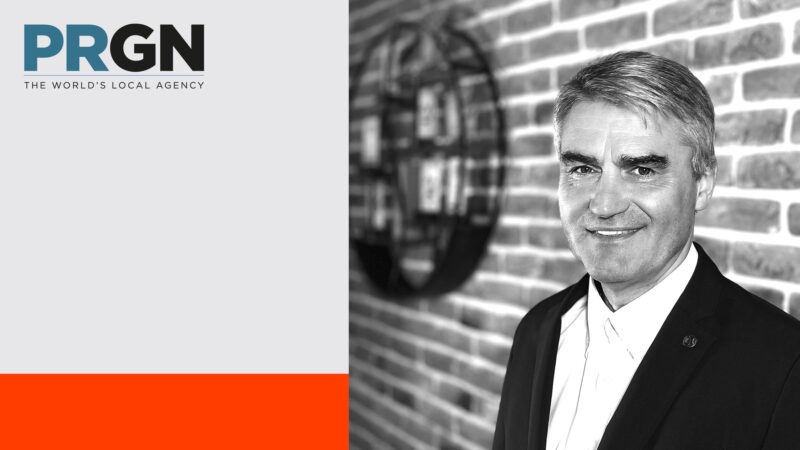Team leader, is your creative designer making you see red?

Remote work is creating a divide among practices in the workplace. Read these three tips for better understanding your creative colleague as a budding project manager.
Alright, I’ll admit. I’m a late-blooming Jodel user. The app in question is an anonymous messaging platform originally targeted for university students, where – along with the #techgossip channel – I keep an eye on the working life debate, which is known for exaggeration and harsh generalizations.
Having monitored the #AdAgency channel for a year now, the amount of frustration towards project managers has been striking. Why are these workhorses of working life being so brutally disrespected? Can these people possibly be serious?
Going through the threads of #AdAgency, one is prone to visualizing the Teams-hopping team leaders as tormenting schedulers and concept vandalizers. Very few of them seem to understand a thing about graphic design. Of course the discontentment might just be trolling or a more general dissatisfaction with the remote era and the management styles that have come with it. Yet, I do think that behind the phenomenon lies a more treacherous change.
Could you get this done… End of day?
With remote work the variety of working methods expands. A recent Harvard Business Review article – with a Finnish tint – claims the coordination skills of middle management are being put to the test like never before. The remote era poses quite a challenge for rookie project managers.
One main problem is that the working habits of string-pulling project managers and their creative colleagues rarely intertwine.
If you haven’t led a product launch in the pre-pandemic world, understanding the nuances of creating a concept or a visual identity from the perspective of your own home might not come easy. And how could a project manager succeed in their job with a mere theoretical understanding of what the creatives do?
So do your creative colleague a favor and memorize these three tips:
1.Brief your team and be available.
“He (the project manager) constantly tosses around so-called brilliant ideas that have nothing to do with the client’s brief or goals.” – a fed up Jodeler.
The illusion of being a solo artist, which is promoted by remote working, easily drives a project manager into thinking project progress depends solely on their own talent. You email your colleagues thinking you’ll save everyone’s time by dropping futile meetings, and everything will be ready on time. It’ll work itself out.
But no. No one will read your emails, internalize them nor finish their tasks, so don’t presume. Give personal briefs when needed, and share your thoughts on the next phases early on. The first step is being available and providing answers to even the hardest questions.
2.Pushing the creative side will only get you grumbles.
“What to do with a project manager that pushes in every planning meeting, loves brainstorming and her own voice, but doesn’t understand why a concept should be necessary?” – a Jodeler.
A project manager breathing on creatives’ necks often stirs up grumbes about the value of creative work, unrealistic production schedules and a lack of shared vision.
It’s fine if the manager can’t outline the time it takes to develop a concept or a key message at the start of a project. But if this is the case, hurried schedule updates and double exclamation points won’t help.
Admit what you don’t know. Communicate. The client can wait for that small second.
Give the team a chance to participate in scheduling the production and make space for sharing thoughts together. It would be silly not to utilize the skills of the whole team, now wouldn’t it. And oh – listen to what your team tells you.
3.Revise your team’s core expertise – now.
“I need to shift down, yoga just doesn’t do it anymore. Where can a project manager go to collect dust and wait for retirement? Hit me with your best tips.” – a pondering Jodeler.
During the last one and a half years, dozens of fresh project managers of the remote era have rushed to the field. Sadly, remote work has given them useless tools to understand the phases of creative design.
Luckily your workplace community and dear colleagues can help conserve this skill.
Why not organize an internal revision, a workshop or a short course to reminisce what your main area of expertise actually is, see how your team’s graphic design or animation skills have developed during the pandemic and find your hidden copywrite talents?
I promise that astonishing stuff will come up. Exactly the kind of ideas you’ll later stumble upon on Jodel.



